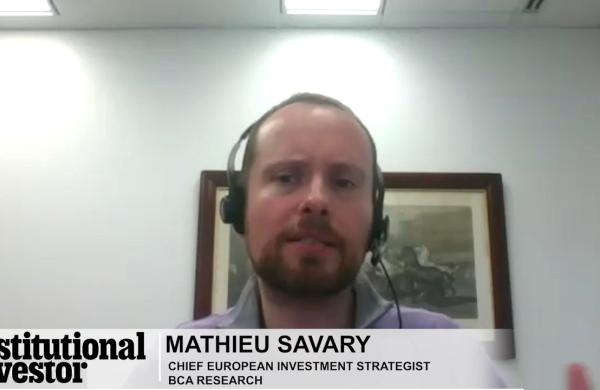Even as the Department of Treasury scrambled to rescue the U.S. financial system from its worst crisis since the Great Depression, it launched a less newsworthy effort last month: a multimedia campaign to educate young Americans on the importance of maintaining a good credit history. The project was mandated five years ago, when Congress, calling for a national pilot program promoting financial literacy, passed the Fair and Accurate Credit Transactions Act — just about the time the latest wave of borrowing was about to begin. "It’s never a bad time to learn about credit," asserts Dan Iannicola, deputy assistant secretary for financial education at the Treasury Department. The project, launched September 16, warns 18- to 24-year-olds to stay on top of their payments and think twice before they swipe. The message: A bad credit history can make it difficult to land a good job, rent an apartment or secure a car loan. But will anyone listen? "You have all these retailers telling people to spend, spend, spend; borrow, borrow, borrow," says Lewis Mandell, a finance professor at the Foster School of Business at the University of Washington. "I don’t see that there’s anything the Treasury could conceivably do — aside from outlawing credit cards or making a minimum age to obtain a credit card — to counter the consumption pressure."
Do As I Say
U.S. Treasury lectures youth about staying out of debt
Xiang Ji
October 14, 2008




